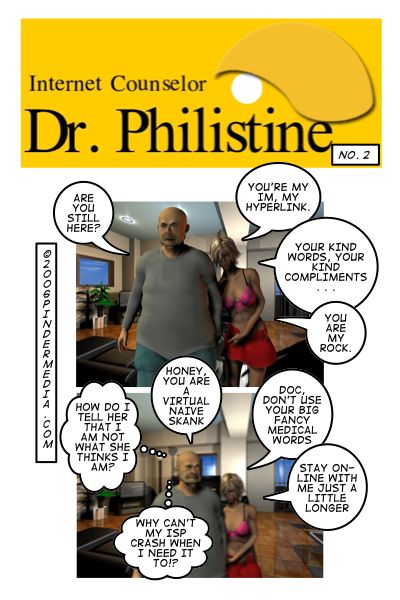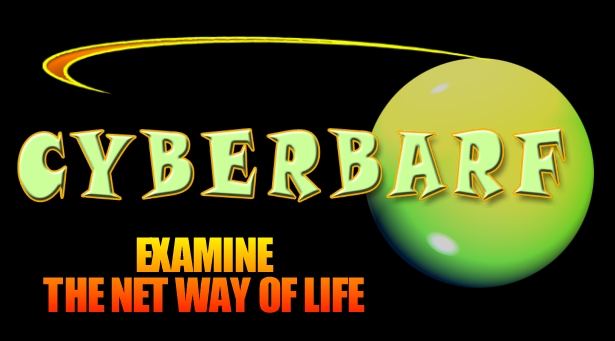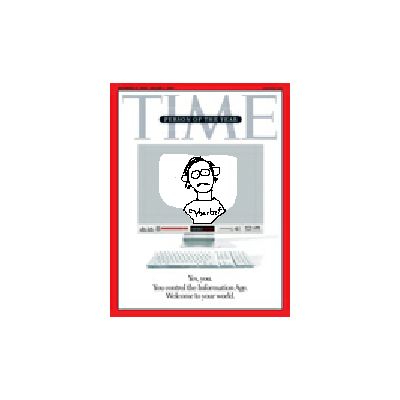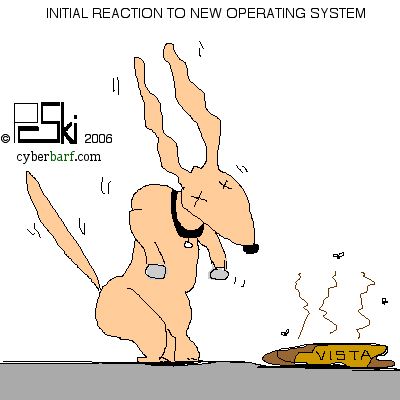The revolutionary cry of Live Free or Die! may be only license
plate slogan in the northeast. But the technocrats are using a similar banter
to turn cities into “free” Wi-Fi” hot spots. Someone must have
whispered into the locals ears “Give me Free Wi-Fi, or give your city
techno Death.” The gullible succumb to catch phrases. There is no such
thing as a free lunch, especially when the government is in charge of the
lunch line.
A few coffee houses and restaurants created an Internet hub,
a cybercafe, in their premises in order to attract and keep customers who
would want to surf the net instead of reading the newspaper while sipping
a latte. In small establishments, the increase in traffic on their Internet
account was probably marginal. Market forces made it a win-win proposition
at this level.
Local politicians have seized on this concept to create their
own Wi-Fi zones throughout their towns. There has been an increasing riff
between traditional telecos and local governments. In the past, all utilities
had to be granted a franchise to run their wires under or above the local
streets. Cable operators, a later utility, piggybacked on these existing franchises,
to the chagrin of the old Ma Bells. Now, the telephone companies are putting
in fiber optic (non-cable) cable on their existing franchise rights to the
chagrin of the local governments. The town councils are upset that these huge
transfer station boxes are popping up like eyesores, that this new technology
is not called cable (because of the pre-existing cable franchise already granted
in the community to a cable operator) but it will compete with and deliver
television and movie programming to the home. It is turning into a regulatory
mess, because the federal government still controls the public airwaves.
Unlike a cybercafe luring customers into the premises to
buy a product, local governments have nothing to sell or value add to pay
for the cost of open and free Internet access to their taxpayers. The city
has to invest in equipment, maintenance agreements, and tech support in order
to run a city-wide virtual network. This costs money and manpower. But it
is being sold as being “free” to the users. But that cannot be true:
the telephone, ISP and equipment manufacturers do not give away this service
for free. They are in the business of making money, and the biggest, slowest
and most profitable pig is a juicy government contract. So the costs are buried
in the local version of a federal defense spending bill: increased taxes,
user fees, auto registration stickers, local phone tax levies; those charges
that most people don't realize are taxes --- government income extractions.
Unlike the market forces theory, government analysis of a
project does not factor in whether the project will be successful or even
needed by the general public. Since the end motivation is not to profit like
a real business plan, government spending creates white elephant money pits
on a regular basis. Even if one assumes the population is addicted to their
technology, their cellphones and iPods, why would a city try to compete with
existing personal handheld devices that can deliver the same technology rush?
Cellphones can instant message and read emails, and surf the net, play music
videos and download new ringtones. The service provider has integrated those
features into each device, negating the need to connect to a computer or a
separate network (like a free Wi-Fi zone). A personal music player is a pre-loaded
personal juke box. When people are out and about walking, or running, or working
out, the music player is a secondary diversion which does not need the attention
of a separate network (like a free Wi-Fi zone) to work. So is the proposed
market user the individual who wants to continue working on his laptop during
his lunch hour? The business class traveler sans an airline ticket? But in
the local work place, is it not more likely that the office worker leaves
his or her office cubicle to get away from his or her computer workstation,
at least for a quiet hour or so? So, does this leave the homebody or student
sitting at home. But most tech-savvy homesteads already have their Internet
connection: DSL lines or cable modems. So a local Wi-Fi zone is meaningless
to their normal routine. Why would anyone give up their cable channels to
twiddle their thumbs waiting for downloads from the city service provider?
There is no cost-benefit analysis with these kinds of government
projects. It sounds cool. City leaders may think they are cutting edge. But
just having a free local Wi-Fi zone does not mean your town will suddenly
become the next Silicon Valley and massive tech giant corporations will spring
up like mushrooms in this digital forest. If that is their plan, then they
are missing reality.
Inspired by the souls being lost in the sink holes of cyberspace,
comic commentary cyberbarf style.
A NEW REAL NEWS KOMIX:
DR. PHILISTINE

The Brits have lots of issues. But when the story crossed
that the United Kingdom was thinking about giving Robots rights and possible
pension benefits, it's time to call the dog catcher and lock them up tight.
The concept of conscious robots is still science fiction. But to give artificial
intelligence “rights” of human beings is nuts. The same concept
of animal rights is just as twisted when your legal system classifies animals
as mere personal property owned by citizens. Personal property like toasters,
cars, clothing, iPods, television sets and calculators. Some of those items
are really substitutes for human brain power, does your iPod have a right
to go on strike? Take half your stuff if you go buy a Zune music player?
A report claims that 91 percent of all email is SPAM. Well,
duh. Those of us who spend more than a half hour a day deleting the in-box
with this junk correspondence can attest that Spam has been a growing problem
since, let's see, since email was invented. Spam is this decades junk mail
which clogged your mailbox and crippled your postman for years. Direct marketers
save the cost of postage but still get to clog your mailbox, but in real time.
The do-it-yourself videophiles, in search of their own mythbusting-Lettermaniac
video chaos, have been uploading the self-produced strange to the Internet
for some time now. But we have come across a weird one: willitblend.com.
Check out the iPod episode. This is something public access cable would have
classified as a public service announcement 10 years ago.
The US Immigration Department raided four meat packer plants.
The agency found hundreds of illegal workers. This was a result of an identity
theft investigation, the number one growing crime in America. The meat packing
company went to court to stop the raid, but the judge denied the request.
So almost the entire work force of this company was sent to the deportation
bin. As a result, thousands of applicants lined up around the block to apply
for jobs as a butcher, a slaughterer, a fabricator, a warehouseman or meat
packer. The lines were long because American workers are a growing underclass.
After manufacturing jobs were exported to China and the Far East, skilled
tradesmen and craftsmen were at a loss in the growing (and touted) field of
high tech service business. But low tech people do most of the grunt work,
the agricultural work, the packing work, the shipping work, and the delivery
work in this new economy. Physical skills still count for something in the
high tech age.
If you want to pre-occupy the kids for hours, purchase an
iRobot carpet cleaning bot. Children and adults are amazed by the roaming
UFO making crop circles on your living room carpet. Amazed by the fact that
the unit can zoom toward the edge of a staircase, then suddenly veer away
from danger. And when the power runs low, it knows to go back to its docketing
station. The kids cheer the first time the bot gets “home.” Cool
tech can keep a child's attention as well as the latest video game.












